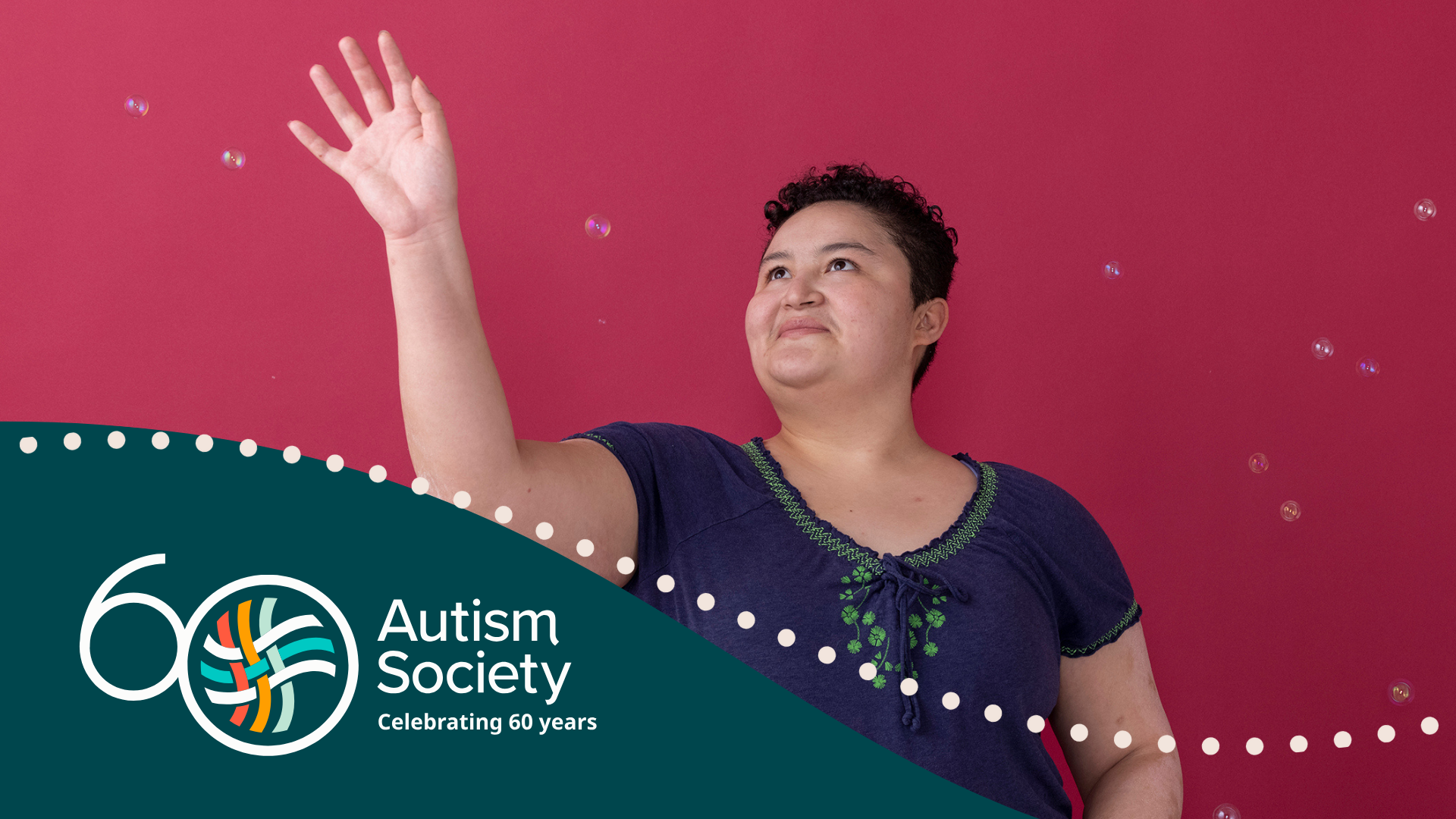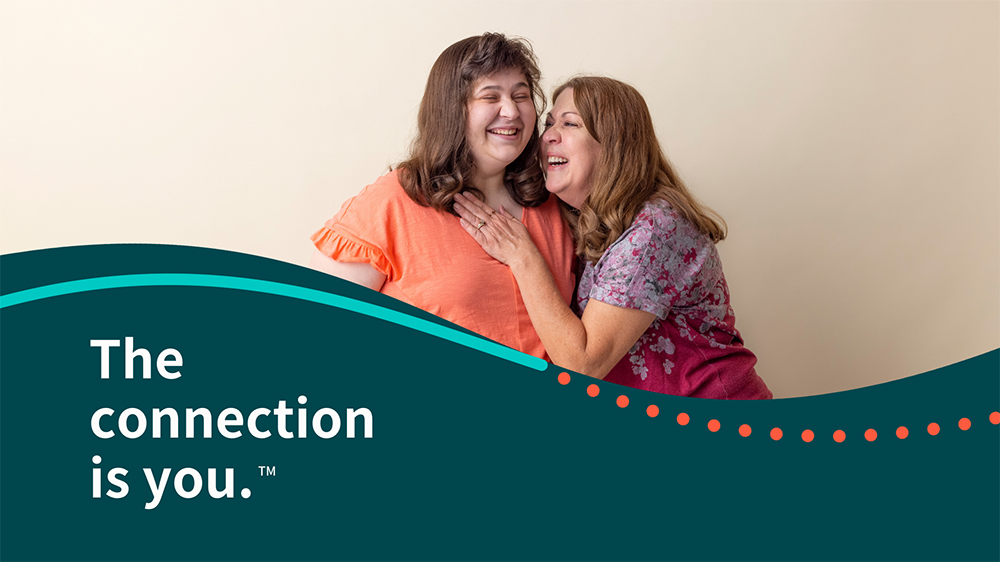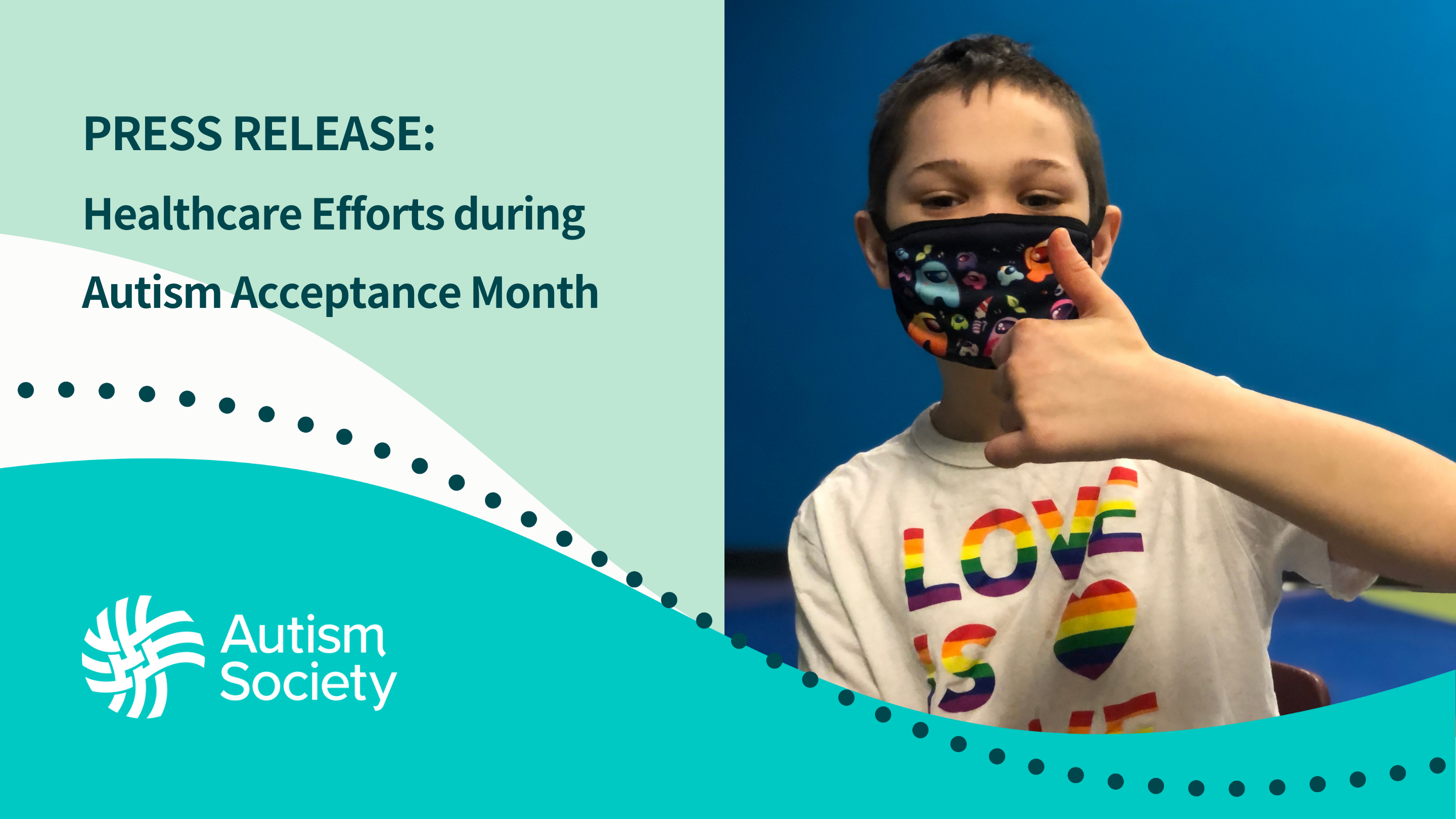
ROCKVILLE, MD – May 14, 2025 Pain is something everyone feels, but not everyone gets the care they need. Many women, especially those who are Autistic, have Ehlers-Danlos Syndrome (EDS) or belong to BIPOC or low-income communities, have their pain, or are not treated properly. This leaves them struggling, feeling unheard, and losing trust in doctors. May is Ehlers-Danlos Awareness Month, a time to recognize the challenges faced by those living with this condition and advocate for better care and understanding.
Autism and EDS affect the body in ways that change movement, coordination, sensory processing, and pain perceptions. Some research suggests that it may be genetically linked, especially in areas related to collagen, which helps keep the body’s tissue strong. Because of this connection, many women with both conditions have a hard time getting doctors to take their symptoms seriously. Both Autism and EDS can affect the nervous system, leading to issues like dizziness, sensitivity to touch, and problems with pain regulation.
Research shows that women’s pain isn’t taken as seriously as men’s. Women are less likely to get proper pain medication and are often told their symptoms are “all in their head.” This is even worse for Autistic women who may show pain differently than doctors expect. Some may not react much, while others might be extra sensitive to pain. If doctors aren’t trained to recognize these differences, they may think the pain isn’t real.
Racial and economic bias make this even worse. Studies show that Black patients are often given less pain medication because of harmful myths about pain tolerance. Women without good health insurance are also more likely to be ignored. For women with EDS, who need careful pain management, this can mean years of untreated pain.
“As a Black Autistic woman with EDS, I’ve had to fight for my pain to be taken seriously. I’ve gone to the ER in horrible pain, only to be told it’s ‘Just anxiety’ or that I was exaggerating. One time, I dislocated my shoulder and was only given ibuprofen, while my white friend with the same injury got much stronger pain relief.”
On top of this, people with EDS often need higher doses of anesthesia and pain medication, but many doctors don’t know this. Since women, especially those from marginalized groups, already receive less pain medication, this leads to even more suffering. Some EDS patients also react differently to opioids, meaning small doses don’t work, but doctors refuse to give them more because of fears of addiction.
Doctors need better training on how Autism and EDS affect pain. Healthcare should include sensory-friendly spaces, better communication tools, and trauma-informed care. People shouldn’t have to prove they are in pain just to get help.
Pain is real. Pain is personal. And pain should never be ignored because of gender, neurodivergence, race, or income. Until we fix these biases, too many people will continue to suffer.
Share:






